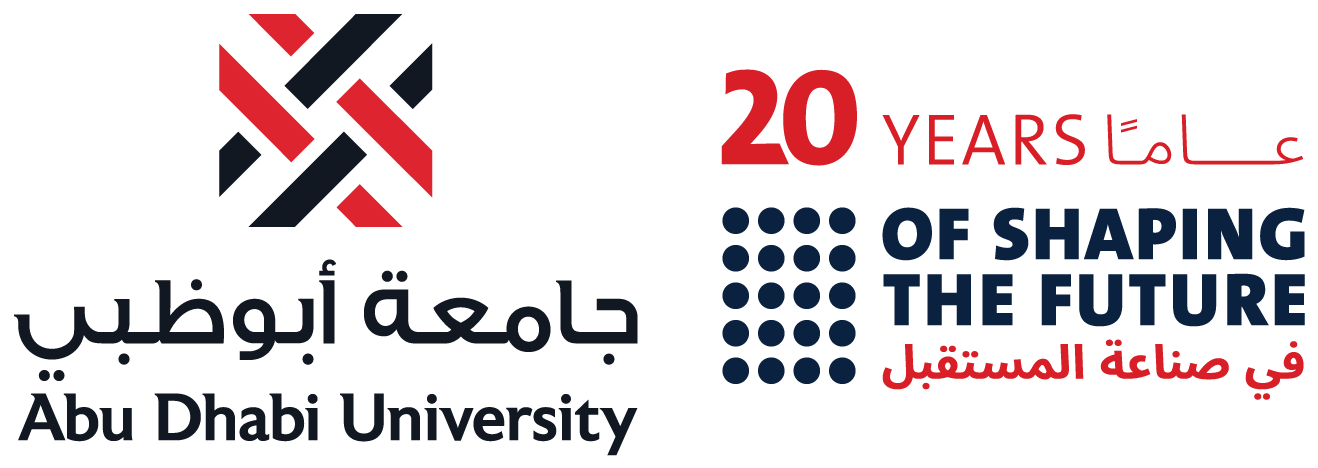April 23, 2020
As the holy month of Ramadan approaches, Muslims in the UAE and around the world will be faced with new challenges as they continue to comply with social distancing guidelines. In a month that is dedicated to fasting, prayer, reflection, and community, questions are being asked about whether it is wise to fast during the COVID-19 pandemic. People are, understandably, worried that fasting may increase their risk of catching COVID-19 due to dehydration, that fasting will weaken their immune system, and whether they will have access to food during this period.
Fasting
At this stage, no studies on fasting and COVID-19 have been conducted. Healthy individuals should be able to fast during Ramadan, as in previous years, while people who suffer from chronic diseases should consult with their doctors on being exempt from fasting. Many scientific studies have shown a wide range of health benefits when fasting is performed healthily.
Nutrition
Proper nutrition and staying healthy throughout the blessed month is vital. People should eat a variety of fresh and unprocessed foods every day and eat a balanced, varied Iftar that incorporates dates, soup, salad, a main dish, fruits and a small piece of light Ramadan sweet. Suhour is essential to give the body energy and help regulate blood sugar.
Physical Activity
Light physical activity is usually encouraged during Ramadan. However, during the COVID-19 pandemic, exercise opportunities are limited. Outdoor physical activity is not without risks, and it is vital to practice physical distancing. However, to comply with the rules on physical distancing, we would encourage you to exercise at home. There are numerous online exercise videos from which to choose.
Hydration
Staying hydrated is of utmost importance during Ramadan. Although the water needs vary between individuals, drink at least eight glasses of water daily from Iftar to Suhour to prevent dehydration and constipation. According to the World Health Organisation (WHO), drinking or gargling water does not protect an individual from catching COVID-19. So, although water is essential for the human body, it does not protect against catching the virus or killing it.
Smoking
Tobacco use is not recommended under any circumstances, especially during Ramadan and the COVID-19 pandemic. Frequent smokers may already have lung disease or reduced lung capacity, which significantly increases the risk of severe COVID-19 illness. When smoking cigarettes, the fingers (and possibly contaminated cigarettes) touch the lips, which increases the likelihood of the virus entering the respiratory system. With water pipes, mouth pieces and hoses are often shared, which also facilitates transmission of the virus.
Charity
In the spirit of giving during Ramadan, the faithful can consider donating individual pre-packaged boxes for Iftar or Suhour. The physical distancing rules should be adhered to throughout the whole cycle of collection, packaging, storing, and distribution. The UAE volunteer platform has provided a way to join the community response against COVID-19 (https://www.volunteers.ae/index.aspx) and give back during this holy month.
Stay safe. Stay healthy.
Dima El-Halabi, MSc, RDN
College of Health Sciences
Abu Dhabi University
References:
- World Health Organization. (2020). Safe Ramadan practices in the context of the COVID-19: interim guidance, 15 April 2020. World Health Organization. https://apps.who.int/iris/handle/10665/331767.
- https://gulfnews.com/uae/health/ramadan-during-covid-19-what-clerics-and-health-experts-say-1.1586508552717
- Abolaban, H. & Al-Moujahed, A. (2017). Muslim patients in Ramadan: A review for primary care physicians. Avicenna J Med. 7(3): 81–87. DOI: 10.4103/ajm.AJM_76_17
SM post
Ms. Dima El-Halabi, Senior Instructor and U.S. Registered Dietitian, from ADU’s College of Health Sciences, has written an article considering the challenges the COVID-19 pandemic may bring to Muslims during the holy month of Ramadan. Read the full article here.

